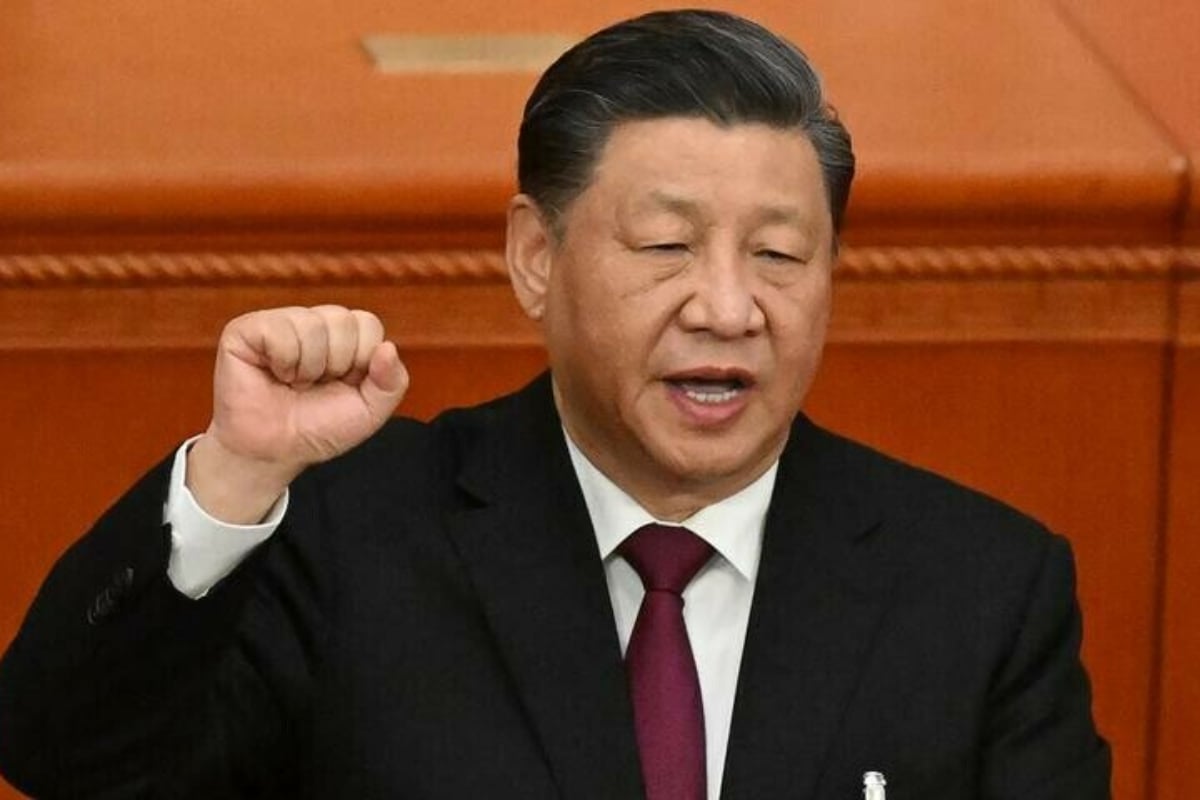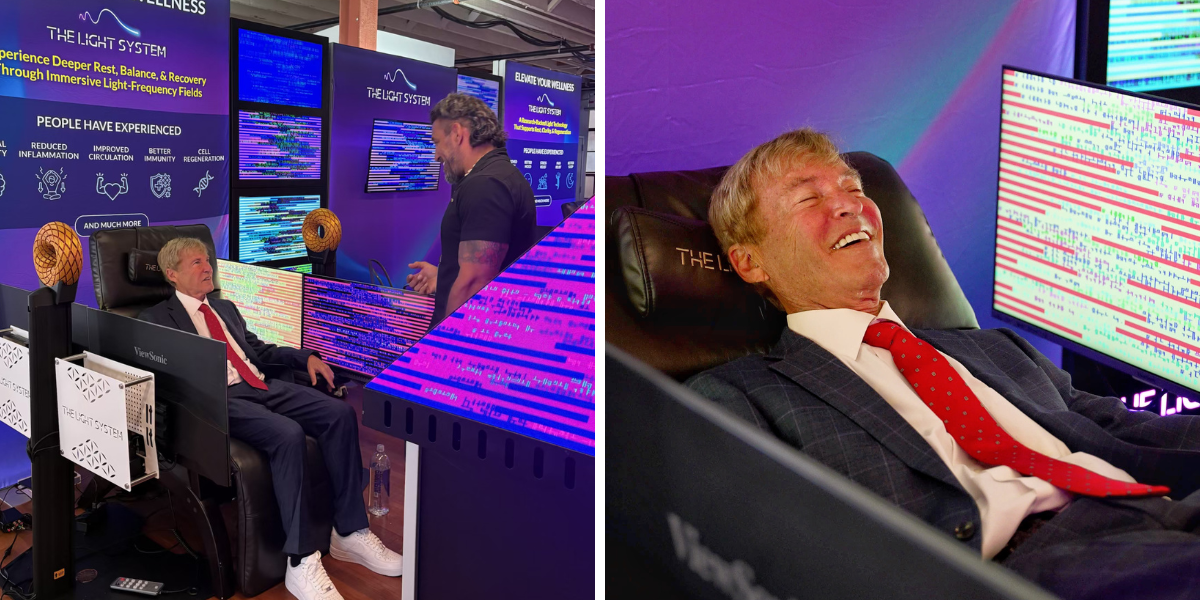China’s Xi focuses on supporting ‘Global South’ at G20 summit
Chinese President Xi Jinping stated a raft of measures designed to support the “Global South” at a gathering of leaders of the Group of 20 (G20) major economies in Rio de Janeiro.
In his first remarks at the G20 Summit, Xi said China would support global growth with eight actions, including building a “high quality” Belt and Road Initiative, his signature foreign policy plan that directs large Chinese savings to arrangement plans in the developing world.
He also announced that China, along with Brazil, South Africa and the African Union, were launching an “Open Science International Cooperation Initiative” designed to funnel scientific and technological innovations to the Global South.
“China supports the G20 in carrying out practical cooperation for the benefit of the Global South,” Xi said, according to sources, adding that China’s imports from developing countries are expected to top $8 trillion between now and 2030.
“China has always been a member of the ‘Global South’, a reliable and long-term partner of developing countries, and an activist and doer in support of global development,” Xi added.
“China does not seek to be a single player, but rather hopes that 100 flowers will blossom and that it will work hand in hand with the huge number of developing countries to achieve modernization.”
Xi’s focus on the Global South comes as Brazilian President Luiz Inacio Lula da Silva and his nobles from developing economies push for a more central role in multilateral talks. The two leaders will meet in Brasilia on Wednesday, as Xi wraps up his stay in Brazil with a state visit.
Brazil has taken strides to elevate voices of the Global South by insisting that the African Union should be a formal member of the G20, citing the example of the European Union. The AU is participating fully in this year’s G20 on behalf of African nations.
While the rise of the Worldwide South in the G20 has caused some discomfort among richer countries, it presents a chance for China, given its close economic and political ties with most of the developing world, particularly in Africa, where it is a major lender.
The G20 was launched after the 2007–08 financial crisis to include important emerging economies in talks that had been confined to the Group of Seven industrialized nations, and has become a key venue for economic and financial cooperation.
It signifies around 85% of global GDP, over 75% of global trade and about two-thirds of the world population.
The idea of the Global South emerged to designate developing, emerging or lower-income countries, mostly in the southern hemisphere, and change the term “Third World” after the 1945-90 Cold War.




